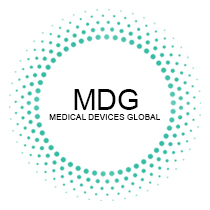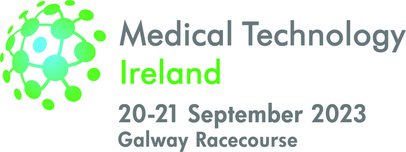In a groundbreaking move, US regulators have taken significant steps to improve accessibility for individuals with hearing loss. Recent developments have led to the approval of over-the-counter (OTC) sales for select hearing aid devices.
These regulatory changes aim to provide greater affordability, convenience, and choice for millions of Americans living with hearing impairments. By dismantling previous barriers, the hearing aid market is undergoing a transformative shift that promises to enhance the quality of life for those in need.
Advancing the Regulatory Landscape
Historically, the purchase of hearing aids in the United States has been tightly regulated, limiting access and affordability for many individuals. Recognizing the need for change, US regulators have undertaken a series of reforms to modernize the industry and promote a consumer-centric approach.
The Over-the-Counter Hearing Aid Act of 2017
A pivotal moment came in 2017 with the passage of the Over-the-Counter Hearing Aid Act. This legislation, signed into law by President Donald Trump, aimed to address the challenges faced by individuals with mild to moderate hearing loss. It tasked the US Food and Drug Administration (FDA) with creating a new regulatory category for OTC hearing aids, offering an alternative to traditional prescription-based devices.
Expanding the Availability of OTC Hearing Aids
Since the passage of the Over-the-Counter Hearing Aid Act, the FDA has been diligently working to establish a framework that enables the approval and marketing of OTC hearing aids. After careful consideration and extensive consultations, the FDA issued a final ruling in 2020, outlining the regulatory requirements and criteria for OTC devices. These criteria include safety standards, labeling requirements, and indications that the devices are intended for adults with mild to moderate hearing loss.
Benefits of OTC Hearing Aid Sales
The introduction of OTC sales for hearing aids offers numerous advantages to consumers. Here are some key benefits:
Accessibility for All: OTC hearing aids eliminate the need for a medical evaluation or prescription, making them accessible to a broader population. This change is particularly significant for individuals who previously faced financial and logistical barriers to obtaining traditional hearing aids.
Improved Affordability: By increasing competition and driving innovation in the hearing aid market, OTC devices are expected to reduce costs. This cost reduction will make hearing aids more affordable and provide viable options for individuals who were previously unable to obtain insurance coverage or afford traditional devices.
Empowering Consumer Choice: OTC hearing aid sales empower individuals to take control of their hearing health. Consumers can now directly purchase devices that meet their preferences and address their specific needs without the involvement of healthcare professionals.
Technological Advancements: With increased competition, OTC hearing aid manufacturers are likely to invest in research and development to enhance product features. This may include advancements such as wireless connectivity, smartphone integration, and personalized settings, resulting in a better user experience.
Ensuring Consumer Protection
While the expansion of OTC hearing aid sales is an important step forward, it is crucial to establish safeguards to protect consumers’ best interests.
The FDA has implemented labeling requirements to ensure accurate information is provided to consumers regarding the performance, limitations, and suitability of OTC devices for their individual needs. Additionally, the agency continues to regulate the quality and safety standards of these devices to maintain consumer confidence.
Conclusion
The recent moves by US regulators to allow over-the-counter sales of certain hearing aid devices mark a significant milestone in hearing healthcare. By removing unnecessary barriers and promoting competition, these regulatory changes have opened new avenues for accessibility, affordability, and consumer choice.
As technology continues to advance and market competition intensifies, OTC hearing aids are poised to become increasingly innovative and tailored to individual needs. This is a positive development that promises to enhance the lives.


